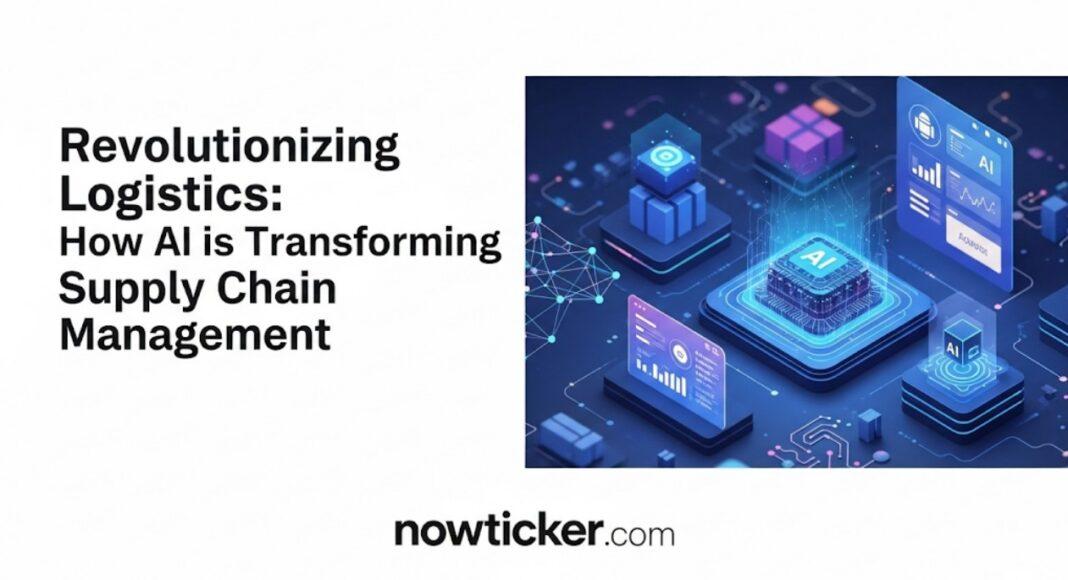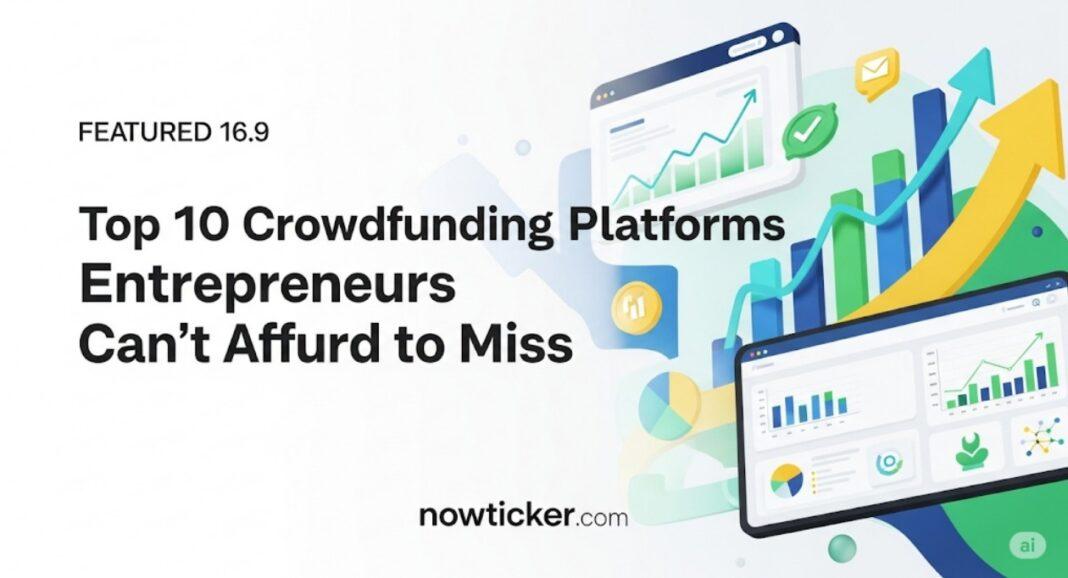Contents
Introduction
In an era defined by rapid technological advancements, Artificial Intelligence (AI) has emerged as a critical player in shaping the landscape of various industries, especially logistics and supply chain management. The sector faces numerous challenges, such as rising consumer demand, global competition, complex regulatory environments, and increasing operational costs. To navigate these complexities, businesses are leveraging AI technologies to enhance efficiency, improve decision-making, and ultimately revolutionize their supply chain management practices. This comprehensive article delves into the transformative impact of AI on logistics, offering in-depth research, real-world examples, testimonials from industry experts, and practical advice for implementing AI solutions.
Understanding the Landscape of Supply Chain Management
1. Definitions and Importance of Supply Chain Management
Supply Chain Management (SCM) encompasses the planning and management of all activities involved in sourcing, procurement, conversion, and logistics. It also includes the coordination and collaboration with channel partners, such as suppliers, intermediaries, third-party service providers, and customers. According to a report from Deloitte, effective SCM can lead to lower operational costs, improved customer satisfaction, and increased agility in responding to market changes.
Incorporating AI into SCM presents an opportunity to streamline operations, reduce waste, and enhance the overall customer experience. As noted by McKinsey, companies that invest in digital supply chain solutions achieve an average of 20% to 30% improvements in efficiency.
2. Why AI in Supply Chain Management?
The integration of AI in supply chain management involves utilizing machine learning, data analytics, and natural language processing to draw insights from vast amounts of data. AI helps organizations predict demand more accurately, optimize inventory levels, and automate repetitive tasks. The World Economic Forum has highlighted AI’s role in enabling real-time visibility, which is vital for responding promptly to disruptions, a necessity in today’s fast-paced business environment.
Key Aspects of AI in Supply Chain Management
1. Predictive Analytics: Enhancing Demand Forecasting
One of the most significant applications of AI in supply chain management is predictive analytics. By analyzing historical data, consumer behavior, and market trends, businesses can make more accurate demand forecasts. For example, Walmart employs advanced analytics to predict customer purchasing patterns, adjusting inventory accordingly. This approach not only reduces overstock but also minimizes stockouts, thus ensuring high customer satisfaction.
Real-World Example: Amazon uses AI algorithms to forecast demand at an unparalleled level. Their robust data collection methods allow them to analyze purchasing patterns, even down to the hour and geographic location, which informs their logistics and inventory management strategies.
Tips for Implementation:
- Invest in robust data analytics tools that offer predictive capabilities.
- Encourage collaboration among different departments to share insights and improve forecasting accuracy.
2. Intelligent Automation: Streamlining Operations
AI-driven automation is another pivotal aspect of logistics transformation. Processes that once consumed considerable time and resources can now be streamlined through robotic process automation (RPA). These technologies optimize repetitive tasks, such as order processing and invoicing, allowing human resources to focus on high-value activities.
User Experience: Laura Chang, a logistics manager at a midsize manufacturing firm, shares, “Implementing RPA cut our order processing time in half, allowing our team to focus on strategic planning rather than administrative tasks.”
Tips for Implementation:
- Evaluate current workflows to identify tasks suitable for automation.
- Begin with pilot projects to gauge effectiveness before a full-scale rollout.
3. Enhanced Visibility: Tracking and Monitoring
With advancements in IoT (Internet of Things) and AI, businesses can achieve unprecedented visibility across their supply chains. Smart sensors and GPS technology provide real-time tracking of goods, enabling proactive responses to potential disruptions.
Expert Insight: According to a study by Gartner, organizations with high visibility in their supply chains can respond to disruptions 50% faster than those with low visibility.
Real-World Example: DHL has integrated IoT into its logistics operations, utilizing sensors to monitor the condition of sensitive goods during transit. This capability ensures timely interventions if conditions deviate from acceptable ranges.
Tips for Implementation:
- Deploy IoT devices for real-time monitoring of critical shipments.
- Establish protocols for responding to abnormal conditions identified through monitoring.
4. Smart Inventory Management: Reducing Waste
AI can significantly enhance inventory management by optimizing stock levels and reducing waste. Advanced algorithms analyze patterns to determine optimal reorder points, minimizing excess inventory while ensuring sufficient stock.
User Experience: Marcus Stein, an inventory manager at a large retailer, recalls, “Using AI algorithms, we’ve reduced our inventory holding costs by over 25% while maintaining service levels, which has greatly improved profitability.”
Tips for Implementation:
- Integrate AI-driven inventory management systems that can learn and evolve based on data analysis.
- Continuously monitor inventory metrics to assess system performance and make necessary adjustments.
5. Route Optimization: Improving Efficiency
AI-powered route optimization tools analyze numerous variables—such as traffic patterns, weather conditions, and delivery windows—to determine the most efficient delivery routes. This capability not only reduces transportation costs but also cuts down delivery times.
Real-World Example: UPS employs an AI-driven platform called ORION, which optimizes delivery routes for its fleet. The results are remarkable—UPS has reported saving over 10 million gallons of fuel per year, translating into significant cost savings.
Tips for Implementation:
- Utilize AI software that considers multiple variables for route planning.
- Train drivers to adapt to optimized routes and encourage feedback for continuous improvement.
Trends and Future Developments
1. The Rise of AI-Driven Decision-Making
The future of supply chain management is set to be increasingly driven by data-informed decision-making. As AI technologies continue to evolve, their ability to analyze complex datasets will lead to more intelligent, strategic business decisions.
Expert Insight: According to a report from the World Economic Forum, organizations utilizing AI for decision-making will see not only efficiency gains but also enhanced agility, allowing them to remain competitive in a dynamic market.
2. Sustainability Focus
As consumers demand greater corporate responsibility, AI can help in creating sustainable supply chains. From optimizing transportation to reducing waste, AI-driven solutions are pivotal in aligning supply chain practices with environmentally sustainable goals.
Real-World Example: Unilever has initiated several AI-driven projects focused on reducing carbon emissions across its supply chain, contributing to its overall sustainability targets.
3. Blockchain and AI Integration
The integration of AI with blockchain technology promises to revolutionize supply chain traceability. This combination can enhance transparency, reduce fraud, and streamline verification processes, significantly boosting consumer trust.
4. Collaborative AI
The future will also see enhanced collaboration between human intelligence and AI. Rather than replacing human roles, AI will empower employees to make better decisions, thus enriching the decision-making process.
FAQs
Q1: What are the primary benefits of using AI in supply chain management?
A1: AI offers significant benefits, including improved demand forecasting, enhanced operational efficiency, real-time visibility, smart inventory management, and optimized routing.
Q2: How can small businesses implement AI in their supply chains?
A2: Small businesses can start by adopting cloud-based AI tools that fit their budget. They should focus on specific areas for improvement, such as inventory management or customer service automation.
Q3: Are there risks associated with AI in supply chains?
A3: Yes, potential risks include data security issues, reliance on technology, and the need for skilled workers to manage AI systems effectively; businesses should develop contingency plans to address such risks.
Q4: How can companies overcome resistance to adopting AI in logistics?
A4: Companies can address resistance by providing training, demonstrating successful pilot programs, and ensuring that employees understand AI’s role in augmenting their work rather than replacing it.
Q5: What technologies are integral to AI in the supply chain?
A5: Key technologies include predictive analytics, machine learning, IoT devices, and blockchain, each contributing uniquely to transforming supply chain processes.
Conclusion
The transformative impact of AI on supply chain management cannot be overstated. From predictive analytics that refine demand forecasting to intelligent automation that streamlines operations, AI technologies are redefining how businesses approach logistics. Real-world examples such as those from Amazon, Walmart, and DHL illustrate the profound benefits that AI implementation can yield, enhancing efficiency, responsiveness, and sustainability.
As supply chains face growing complexities, the adoption of AI will be critical in enabling organizations to thrive in a competitive landscape. By gradually integrating AI solutions and fostering a culture of innovation, businesses can capitalize on these advancements, anticipating and addressing future challenges in logistics. As we look to the future, the call to action is clear: businesses must embrace the AI revolution in supply chain management to secure their place in tomorrow’s market.



